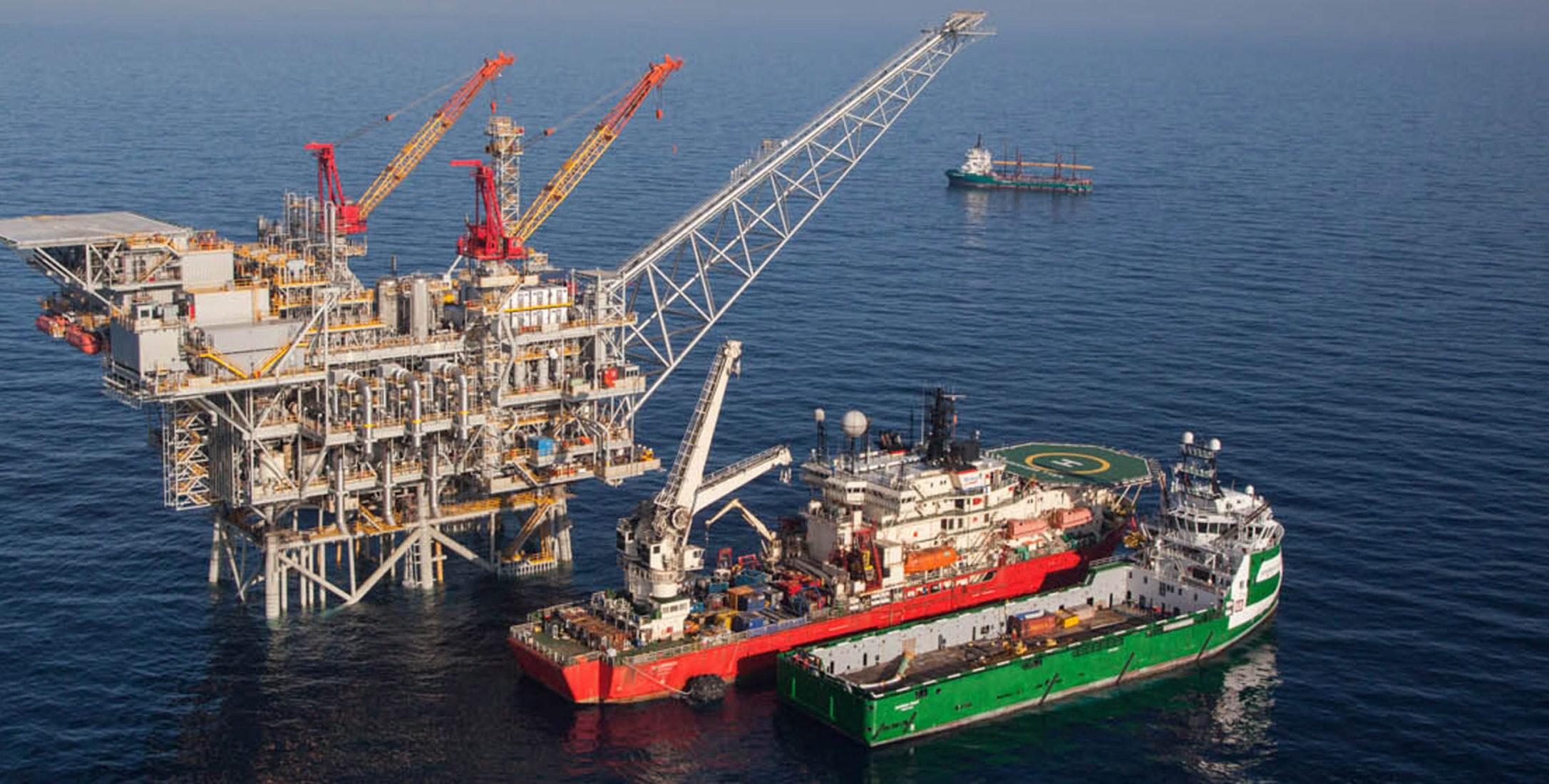The European Union (EU) and Egypt signed a significant €7.4 billion ($8 billion) agreement on Sunday, aiming to address multiple challenges faced by both parties. The financial package will provide much-needed support for the Egyptian economy, while also serving the EU's strategic goals in energy security and migration control.
The signing ceremony in Cairo brought together European Commission President Ursula von der Leyen and Egyptian President Abdel Fattah el-Sisi, alongside leaders from Austria, Belgium, Cyprus, Greece, and Italy. This high-level participation underscores the importance the EU places on this partnership.
At the core of the deal lies a significant financial boost for Egypt. The country has been grappling with a heavy debt burden, compounded by the economic fallout from the COVID-19 pandemic, the ongoing war in Ukraine, and recent regional conflicts. The EU's financial assistance will provide a crucial lifeline, helping to stabilize the Egyptian economy and support vital government programs.
However, the agreement extends beyond pure financial aid. Recognizing Europe's growing energy crisis, particularly its dependence on Russian gas, the deal paves the way for increased energy exports from Egypt to the EU. This strategic shift aims to diversify Europe's energy sources and lessen its reliance on a single supplier.
The agreement also tackles the sensitive issue of migration. The EU has been seeking ways to manage the flow of migrants and refugees arriving at its borders. Egypt, a key transit country for migrants from Africa and the Middle East, is expected to play a more significant role in stemming this flow. The details of this aspect of the deal remain unclear, but it is likely to involve increased cooperation on border security and the processing of asylum claims.
The EU-Egypt agreement has been met with mixed reactions. While some see it as a win-win situation, providing much-needed financial support for Egypt while bolstering European energy security and migration control, others have expressed concerns. Human rights groups have criticized the deal, arguing that it rewards an authoritarian regime without demanding concrete improvements in human rights. Additionally, some experts have questioned the long-term effectiveness of the migration control measures envisioned in the agreement.
Despite these concerns, the EU-Egypt deal represents a significant step forward in the relationship between the two parties. The financial aid package will provide a much-needed boost to the Egyptian economy, while the energy and migration components hold the potential to address key strategic challenges faced by the EU. The success of the deal, however, will depend on its effective implementation and navigating the complex political and human rights considerations involved.

